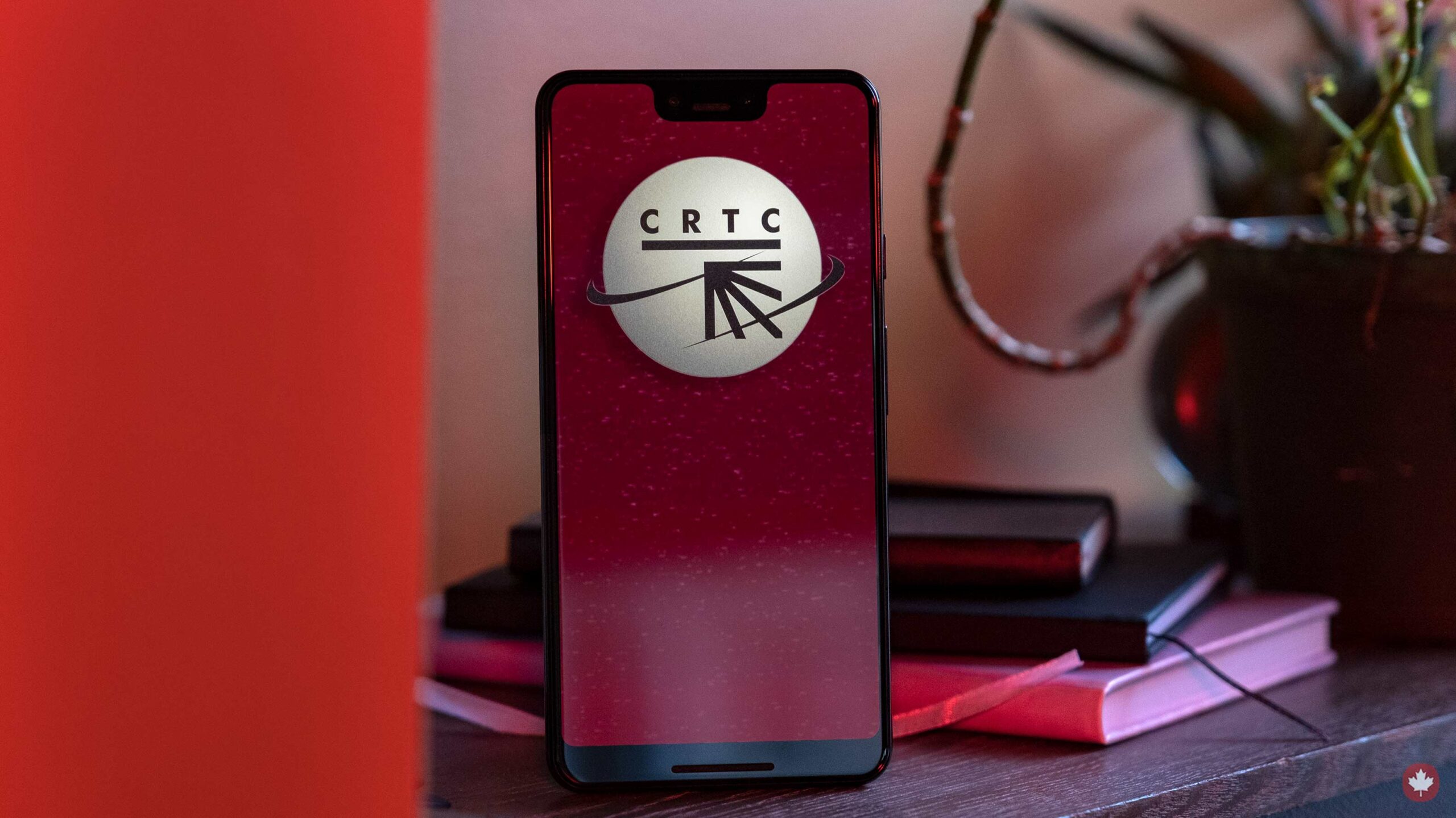
The Supreme Court of Canada has ruled that it will not hear the incumbents’ appeal of the CRTC’s lowered wholesale rates.
In November 2020, Bell and five cable companies (Rogers, Quebecor, Shaw Communications and Bragg Communications) filed two separate appeals asking the Supreme Court to overturn the Federal Court’s decision that upheld the lowered rates.
The Supreme Court has now dismissed the appeals brought by the cable companies, leaving the final appeal with the CRTC after the federal cabinet and Federal Court have declined to overturn the decision.
For context, wholesale rates are paid by competitors, like TekSavvy and Distributel, which then get access to high-speed networks from incumbents like Bell, Rogers, and Telus. Rates are set so that incumbents can charge for this access after the CRTC reviews information regarding how much it costs to operate networks.
In August 2019, the CRTC lowered wholesale rates that larger carriers can charge internet service providers (ISPs) and also ordered them to make payments to compensate for the previously higher rates.
Rogers, Shaw Communications, Eastlink, Cogeco, and Vidéotron in a joint venture, and Bell independently, challenged the regulatory decision in three separate appeals. They appealed to the CRTC directly, asked cabinet to reverse the decision and brought it to the Federal Court of Appeal.
In August 2020, cabinet sided with the telecoms and said the lowered rates do not approximately balance the policy objectives of the wholesale services framework. However, cabinet declined to overturn the August 2019 ruling.
On September 10th 2020, the Federal Court of Appeal dismissed the incumbents’ appeals. The incumbents had argued that the CRTC erred in law or jurisdiction, but the court ruled that it did not find evidence for this claim. Following this decision, the incumbents took the fight to the Supreme Court, which has now dismissed the appeals.
The final decision now remains with the CRTC. On September 28th 2020, the CRTC granted another stay on the lowered wholesale rates, which means that the CRTC won’t enforce the rates until its review and vary process is finished and it comes to a final decision.
ISPs welcome Supreme Court’s decision
Independent internet service providers have applauded the Supreme Court’s decision, but say the fight isn’t over just yet.
Matt Stein, CNOC Chair and CEO of Distributel, told MobileSyrup in an interview that this decision is “another step in the journey, the road is long and we’re not at the end of it yet. We’re still waiting on the CRTC. Now, the path is cleared of all the legal wranglings that led us to this point.”
“Today, we’re hopefully at the last stage where it’s back into the hands of where this belonged all along and the CRTC can release its decision and hopefully return the competitive market that we all want,” he stated.
Stein outlined that Canadians have not had the benefit of the competitive market that ISPs were able to create for many years. He stated that as competitors have been paying a rate that the CRTC says is too high, coupled with the pandemic, it’s been a hard time for competitors to do their job.
Following the news, TekSavvy has released a statement saying that it welcomes the Supreme Court’s decision and that it is urging the CRTC to immediately implement the lowered wholesale rates.
The carrier says it has warned that the “CRTC’s failure to act is hostile to independent investment” and leads to the possibility of further price hikes. TekSavvy notes that it is currently reviewing its business plans in light of the continuing climate of extreme regulatory uncertainty.
Further, VMedia co-founder George Burger said in a statement that “there is one final stage of the process remaining that stands between Canadian households and substantially lower internet costs and that is the issuance by the CRTC of its own review of its decision, carried out at the request of the incumbents.”
VMedia is asking that stays be lifted so that the decision can be implemented. It notes that if the decision is implemented, Canadians can start saving up to $100 million per month of excess internet rates.
MobileSyrup may earn a commission from purchases made via our links, which helps fund the journalism we provide free on our website. These links do not influence our editorial content. Support us here.


